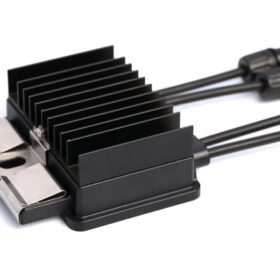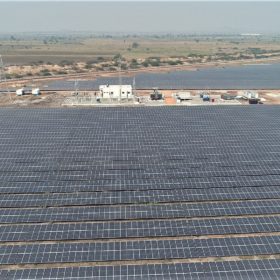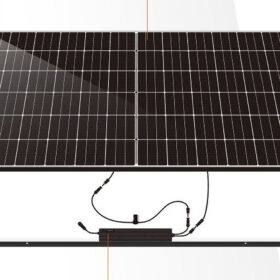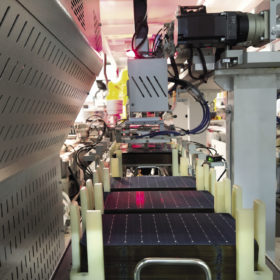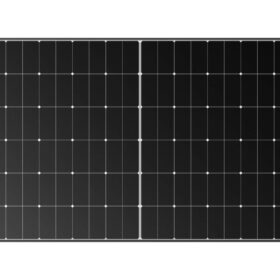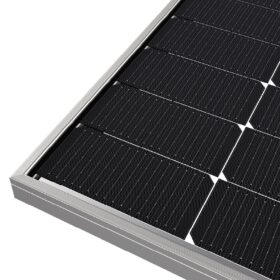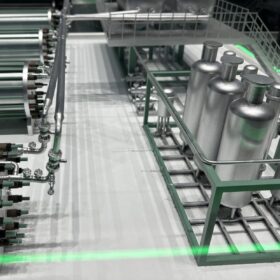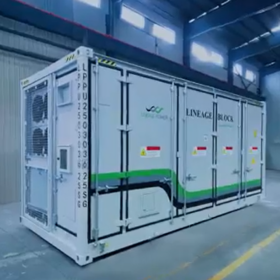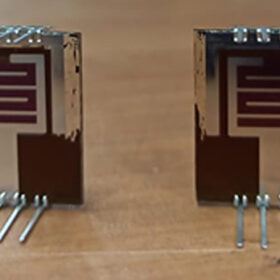Grew wins 2 GW wafer-to-module capacity under PLI Scheme
Ahmedabad-based Grew Energy will receive incentives of INR 566.71 crore for 2 GW of integrated wafer-cell-module manufacturing.
US manufacturer releases new dual solar optimizer
Enteligent, a residential PV solutions specialist, has introduced an optimizer model that can be paired with two solar panels. It claims that it features rapid shutdown and monitoring capabilities.
Amp Energy India wins 1 GW solar cell and module capacity under PLI Scheme
The renewable energy developer has won incentives of INR 140 crore ($17 million) for 1 GW of integrated solar PV cell and module production capacity.
Jakson signs 600 MW PV production equipment deal with Jinchen
Jakson Group has placed the order for a 600 MW PV production line with Jinchen. The fully automated line will be equipped to produce the latest p-type, n-type, and G-12 solar modules in both mono-facial and bi-facial variants.
DAH Solar unveils solar kit for balconies, rooftops
China’s DAH Solar has developed a turnkey solar system with a plug-in connection for residential applications. The kit can reach a maximum size of 2,279 mm × 1,134 mm × 32mm and weighs up to 59.8 kg.
India could become world’s second-largest solar manufacturer by 2026
India’s solar module manufacturing capacity could reach 110 GW by 2026. It will also have a notable presence in all upstream components of PV manufacturing, such as cells (59 GW), ingots/wafers (56 GW), and polysilicon (38 GW).
NTPC Ltd seeks bifacial modules for Nokh solar project
NTPC has tendered the bifacial PV module package for the Nokh solar project in the Indian state of Rajasthan. Only domestic manufacturers are eligible to bid. Bidding closes on April 25.
Chinese module prices to fall by 15% from Q4 2022 to Q4 2023, says CEA
Solar module prices will be pressured by rising industrial capacity this year, with capacities doubling in the ingot/wafer stages and potentially quadrupling for polysilicon by 2027, according to the latest PV pricing report from Clean Energy Associates (CEA).
Case study demonstrates 5% energy yield boost for n-type TOPCon modules
Data collected from a 30 MW PV project in China’s Tianjin Province demonstrates that n-type tunnel oxide passivated contact (TOPCon) modules achieve a little more than 5% more energy yield than p-type PERC. Analysis by JinkoSolar, which supplied its TOPCon modules to the project, credits the n-type modules’ increased performance to a better temperature coefficient in the project’s hot climate, higher bifaciality and lower degradation.
Avaada Group wins 3 GW solar manufacturing capacity under PLI Scheme
Avaada Group won a production-linked incentive of INR 961 crore ($116.78 million) for 3 GW of wafer-to-module capacity.

